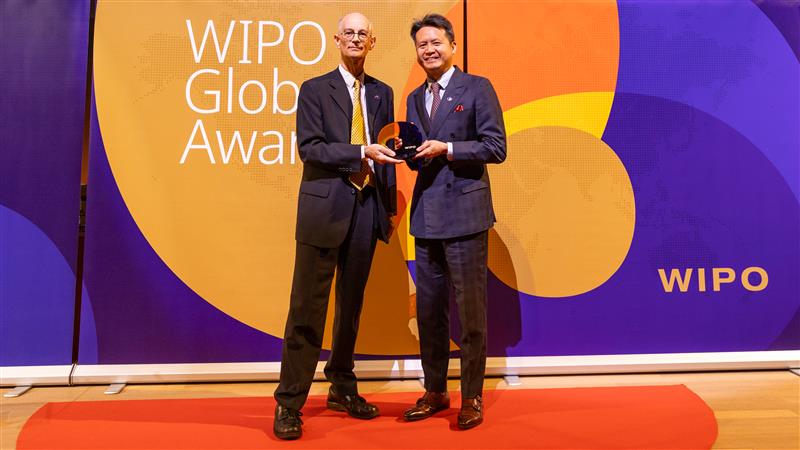Neuigkeiten
Patent filings reveal companies embracing microalgae for sustainable foods
November 2020
This week, food giant Unilever announced a €1bn annual sales target for plant-based foods within the next 5-7 years, as part of its “Future Foods” program. This ambitious target is expected to be driven by sales under The Vegetarian Butcher brand, as well as vegan varieties of Ben & Jerry’s, Wall’s, Hellman’s and Magnum.
So, what will be the source of the plant-based fats and proteins needed to support this growth? Vegan Magnums contain pea protein and coconut oil, non-dairy Ben & Jerry’s is made using almond milk, while vegan Cornettos and products in The Vegan Butcher range are based on soy. However, given some of the environmental issues posed by dairy alternatives, such as the high water consumption of almond plants, how sustainable is long-term growth based on these types of proteins?
Unilever is obviously already considering the sustainability of its plant-based offerings, having recently partnered with UK-based algal biotechnology firm Algenuity. The founders of Algenuity have filed an international patent application (published as WO2020/105001) directed to a modified strain of Chlorella vulgaris having a reduced chlorophyll content, and a composition comprising an algae biomass derived from the modified strain. The reduction in chlorophyll is said to overcome the problem of the strong colour, taste and smell normally associated with this microalgal species, making it more suitable for use in foods. Two further applications were filed earlier this year in the UK for modified strains of Chlorella vulgaris.
Microalgae are microscopic, unicellular organisms which convert CO2 into useful nutrients. Given their low carbon footprint and ability to be cultured to a high density, microalgae have gained considerable interest for use in biofuels, cosmetics, pharmaceuticals and as food ingredients, with the global microalgae market estimated to exceed 75 million USD by 2027*.
It is therefore unsurprising that Unilever isn’t the only corporate giant which has recognised the potential of microalgae, and the patent literature reveals other key players taking an interest in the microalgae market. Glaxosmithkline Biologicals has filed a patent application (WO2020/178720), jointly with Washington University, for a nutraceutical composition which may comprise spirulina (microalgae of the Arthospira genus), for improving health and boosting the immune system. Mitsubishi-backed Japanese start-up Tavelmout Corporation is also focussing on mass-produced spirulina as a source of sustainable protein. Like Algenuity, the company seeks to provide foods and beverages which don’t suffer from the characteristic taste and smell of algae, and its pending patent (WO2019/102732) is directed to a culturing process which comprises a decolouration step. Of course, the benefits of microalgae are not limited to foods for human consumption; Mars is seeking patent protection (WO2018/125631) for the use of algal biomass to replace animal plasma as a pet food binder.
As well as an increase in patent filings for microalgae-based products and process in the food tech field, the next few years will likely see more collaborations between big corporates and smaller biotech firms or universities who have specialised knowledge of microalgal strains and culture conditions. This know-how is another valuable source of IP, since the ability to efficiently scale-up microalgae production and incorporate biomass into food compositions while retaining desirable taste and textural properties will be critical to the success of new products. Companies who optimise their IP strategy so as to protect key innovations and strains through patents, while also being able to offer their know-how in collaborations with food giants, will be best placed to capitalize in this growing field.
*Data Bridge Market Research
This article was prepared by HGF Patent Director Dr Jennifer Bailey. If you would like further advice on this or any other matter, please contact Jennifer. Alternatively, you can contact your usual HGF representative or visit our Contact page to get in touch with your nearest HGF office.
































